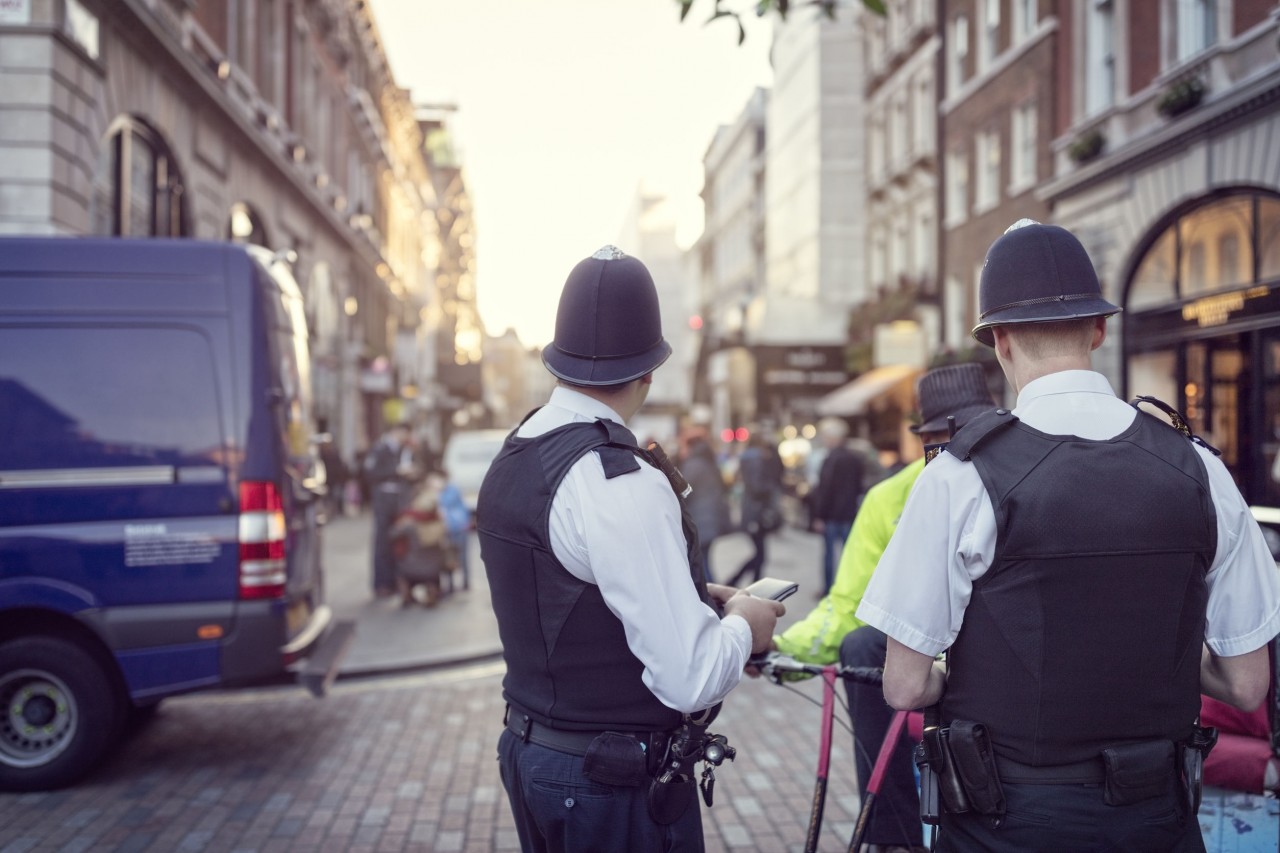Abby - TVP
About
Service attached to: Thames Valley Police
Region: London
Length of service: 15 Years
What attracted you to your role in the Emergency Services?
It was to make a difference, I come from a Gypsy Roma and Traveller background and when I was 18 I was homeless, pregnant and sleeping on the police station floor due to Domestic Violence.Having got help with housing and once my children were through school, I saw a recruitment poster for the community Police Staff.With everything that I'd gone through and with my heritage I felt I could help some people, and the wider community, by bringing my experience and knowledge to the job.
I felt the role was uniquely placed for me to be able to make a difference, helping individuals who are struggling, maybe marganised; I saw the role as an opportunity to help the police provide an understanding to those individuals.
I didn't tell the police about my background at the start, but my background has been a huge asset to me within the role, whilst the job offered myself and my family a secure income I felt I have also been able to make a difference within the force by changing people's opinions of different ethnic groups within society.
How has a major incident affected your well-being/that of those around you?
For me it's been a build up over a long time but it came to a head when I got injured and I could no longer fulfil the role I was loving, I was tied up in light duties and side-lined away from so many parts of the job I loved.Leaving me feeling washed up, underutilized and just a number that could no longer perform to the required standards.Things had started to spiral, I was constantly frustrated, grumpy and very very low.I would get up and go to work, return home at 5pm and go straight to bed. It was a cycle where there was no socialising, no joy or fun. I knew I wasn't great to be around, I was angry with everyone, all of the time, I was incredibly difficult to be around.
Fortunately, I was able to recognize that this wasn't normal; that I wasn't my usual self. I did something about it.
Within the force we're often told that we're one big family, we're there to look out for one another, check in on one another.When something goes wrong, be that the injury or the slow slide towards depression, the work continues at such a pace, those traumatic incidents keep happening, your colleagues continue, but you're in a loop of confusion, isolation and struggling.As colleagues we do watch out for one another, but the pace of work can make it extremely difficult, with lives outside of work as well, needing that time to unwind and take your mind off some of the extremely distressing incidents you attend.Why would you self-refer when you see other members of your group, your family, coping and getting on with the job.
As an individual getting to that point and self-referring it can add to your feeling of isolation, by switching to be offered help from within the force from professionals who are knowledgeable and have experience of emergency services work, of the pace, severity and unremitting nature of the trauma that we see on a daily basis could be a game changer.Whilst I am hugely grateful for the help, I have received form the NHS mental health teams often it's been as difficult for them as it has been for me.
What would it mean to you to have the right support after a work call out/major incident?
I think if there was more time given to debriefing but continued debriefing not just the day after but a month after or even a few months after, giving different perspectives of an incident, helping people to revisit it and see it through the lens of time.
You see people around the station and you'd never think they are struggling or would never struggle, but you see a few weeks later they have committed suicide.It's shocking to everyone in the force at that point, you'd never think that the individual would do that, but faced with continued trauma and a culture of not waiting to show weakness, how is anyone going to self-refer in that frame of mind?There remains a culture of wanting to keep these issues out of the workplace, as there's still a stigma attached to putting your hand up and saying you're not OK.I hope with these games we can change some of that, talk about these issues more and not be afraid to say for a while, that's me, I'm struggling.
What do you think the Gratitude Games could do for the Emergency Services?
The amount of trauma a police officer deals with on a daily schedule, I hope these games will help raise the issue and hopefully show the necessity of places like Flint House within a Police Officers life or emergency service workers life, that they can call on these places for help.
I would love to see an increase in funding to support those struggling with their mental health within the force as well as an increase in advocacy work around MH issues, it is important as people are currently suffering in silence and alone.
I'd love to see a specialised MH unit for ES, as I feel they would have an understanding of the pressure you're under.My MH worker at the NHS the reaction on hearing my experiences is generally shock about what I've had to go through on a daily basis.I'd love to see funding for councillors who have better knowledge and understanding of the jobs roles that the ES do, that could encourage me and others to open up.
As a Police Staff worker, I only deal with half the issues that police officers go through, it's not natural to be exposed to that level of trauma on a continual daily basis.
When you subscribe to the blog, we will send you an e-mail when there are new updates on the site so you wouldn't miss them.

